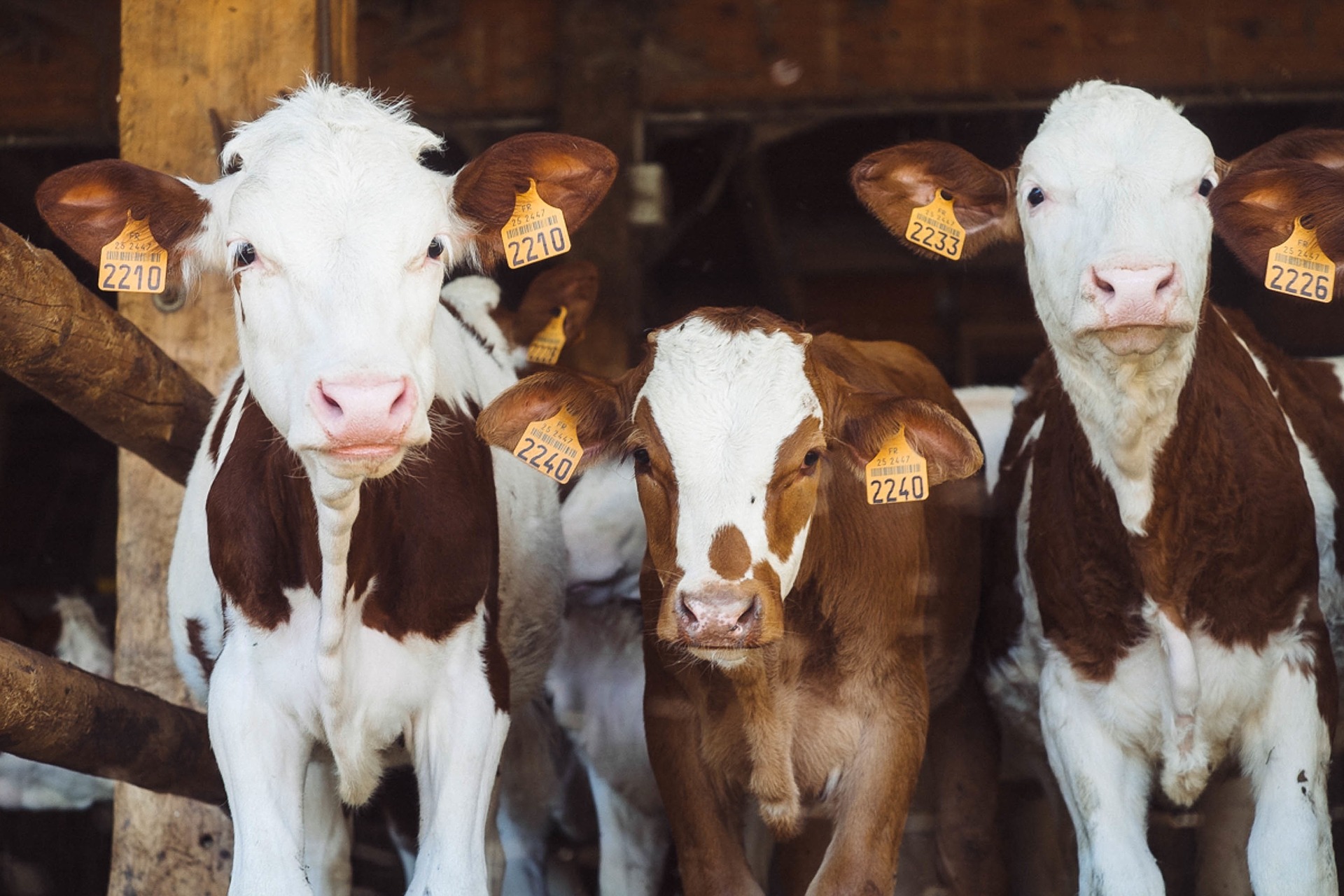Last year, state veterinary surveillance was most occupied by two serious diseases – African swine fever (ASF), whichfour years later, bird flu returned to the Czech Republic, when official veterinarians actively participated in eradicating two dozen outbreaks of this disease in poultry farms. Among the main tasks of the State Veterinary Administration (SVS) in the long term is primarily to protect the territory of the Czech Republic from the introduction of diseases that could pose a risk to humans (zoonoses) or animal health. If these diseases occur, SVS takes action to prevent the spread of these diseases. Complete information is available at documentwhich SVS currently publishes on its website.
The good news is that the Czech Republic managed to maintain all the favorable infection status obtained in the past. Disease status is assigned to member countries by the European Commission or the World Organization for Animal Health – WOAH. They are especially important for international trade in animals and animal products.
After more than four years, AMP was again confirmed in the Czech Republic on 1 December 2022 in the wild boar population in the Liberec region. Similar to 2017, these infections were caught in time thanks to passive monitoring across the region. As part of these efforts, since 2014, all wild pigs found dead or hit by vehicles have been investigated throughout the Czech Republic. After the confirmation of this dangerous disease, SVS took a number of measures aimed at preventing the spread of AMP in the wild boar population and especially at preventing the introduction of the disease into domestic pig farms.
In 2022, compared to last year, there will be a decrease in the number of outbreaks/cases of Highly Pathogenic Avian Influenza (HPAI), both in poultry farms and in wild birds. In total, 20 HPAI outbreaks have been confirmed in poultry farms and two cases in wild birds.
Last year, the National Program to eradicate salmonella in poultry farms was also continued. From the results of the 2022 program, it can be said that there has been a decrease in the incidence of monitored salmonella serotypes (S. Enteritidis and S. Typhimurium) in fattening broiler chickens and turkeys, as well as laying hens. chickens that produce table eggs. Moreover, in this category, the objectives set by European legislation have been achieved. On the parent farm, the target was not achieved, which means that the sampling frequency in this program must be increased in the next two years.
In 2022, comprehensive monitoring for the presence of antibodies to West Nile fever, which is also rarely found in humans in the Czech Republic, was carried out in horses. Of a total of 853 horses examined, positive results were found in 33 horses.
Parasites that are dangerous to humans are Trichinella spp. A possible risk to humans is wild boar meat, where this stage of parasite development can occur. Therefore, all captured wild boars are checked for the presence of trichinella developmental stages. In 2022, one positive case was detected in wild boar imported to the Czech Republic from Poland. Monitoring the incidence of trichinellosis in wild animals throughout the Czech Republic includes checking four dead or captured foxes or raccoon dogs per 100 km2. As part of this monitoring, one positive finding was detected in a fox in 2022.
Rabies is a viral disease in warm-blooded animals, including humans, which attacks the nervous system and always ends in death. Since 2004, the Czech Republic has had the status of a rabies-free country. However, the risk of the infection spreading to our region still exists, especially considering the infection situation in Poland. That’s why monitoring is ongoing, including checking four foxes or raccoon dogs per 100 km2. In 2022, a total of 2,712 animals were examined in laboratories – a total of 2,598 wild animals (including 2,556 foxes) and 114 domestic animals (including 61 cats, 43 dogs, 2 domestic horses, 2 laboratory mice, and 6 mice. All tests were negative.
Compared to the previous year, the number of positive cases of dangerous fish diseases in the Czech Republic decreased in 2022. In 2022, four koi herpesvirus (KHV) outbreaks were confirmed in carp and koi fish. Viral hemorrhagic septicemia (VHS) and infectious necrosis of hematopoietic tissue (IHN) were not detected in the Czech Republic in 2022. SVS handled five cases of mass fish mortality caused by causes other than infectious diseases. The most common cause of fish crew death is death due to lack of oxygen in the water.
The most common health problem in beekeeping that SVS addressed in 2022 was disease outbreaks in brood bees. Last year, a total of 66 outbreaks of the disease were confirmed in the Czech Republic. Compared with the previous year, the number of new outbreaks announced each year is the same. In 2022, the highest number of outbreaks was recorded in the Moravian-Silesian, Pardubice, and Zlín regions. Last year, the occurrence of bee brood rot was proven in bee habitats in the Hradec Králové and Moravia-Silesia regions.
Petr Vorlíček
SVS press spokesperson

“Certified bacon geek. Evil social media fanatic. Music practitioner. Communicator.”







